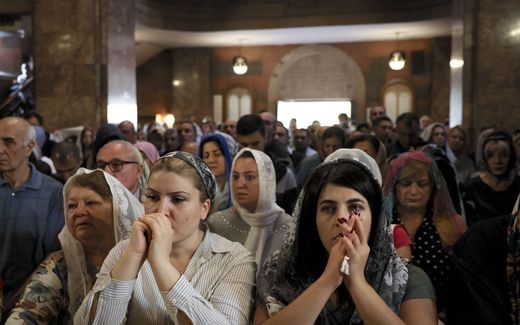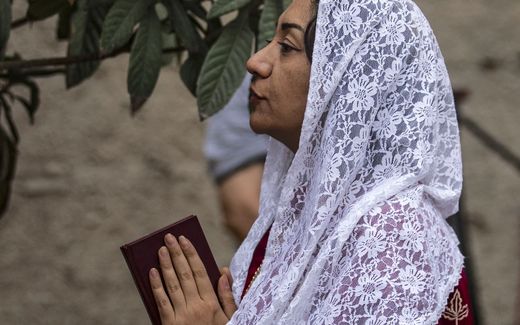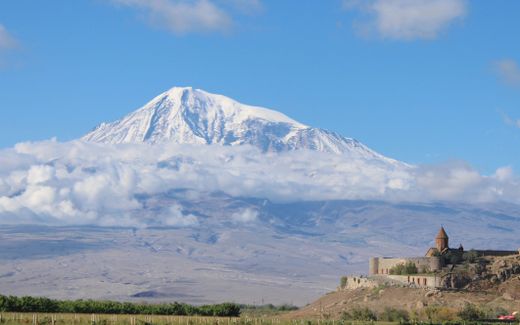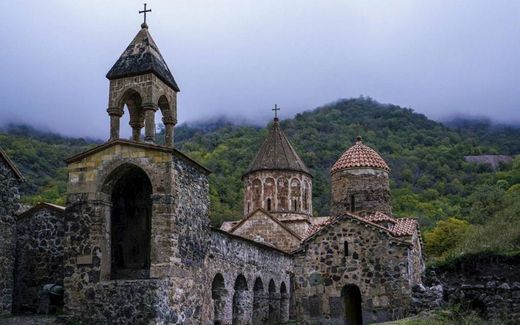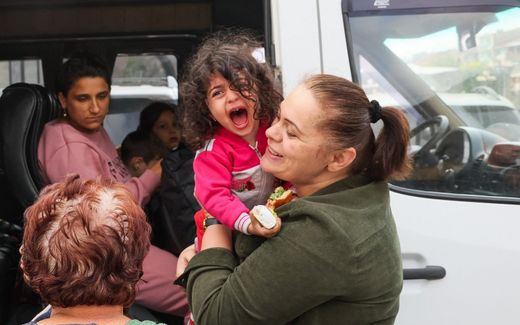Uncertain future for refugees from Nagorno-Karabakh
16-01-2024
Eastern Europe
Kathryn Idema, CNE.news
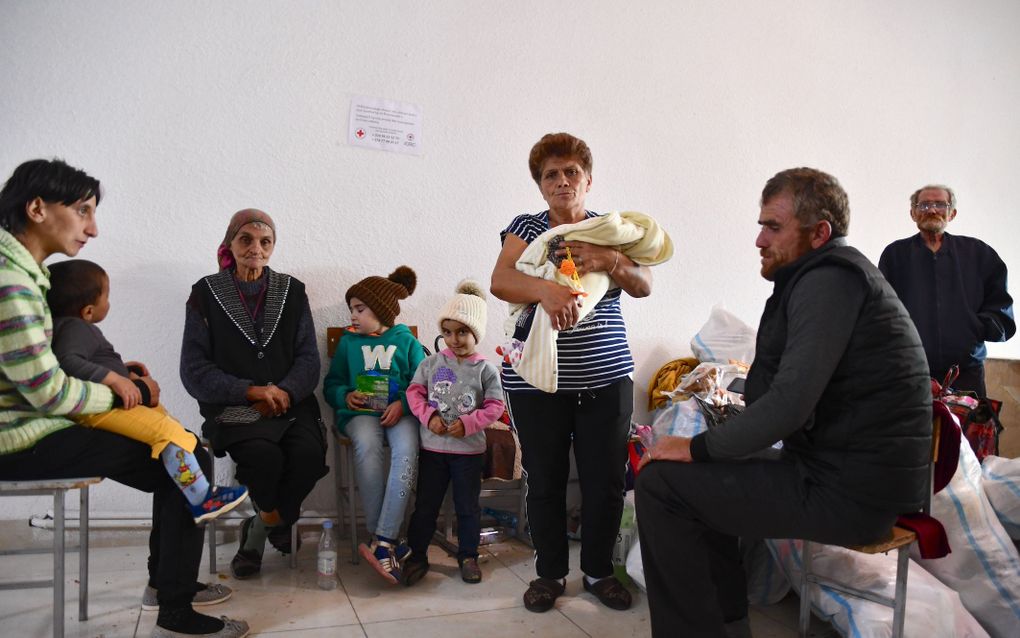
Refugees in a waiting room during the "ethnic cleansing" of Karabakh. Photo Diaconia Charitable Fund
Eastern Europe
Most of the 100,000 refugees from Nagorno-Karabakh have no house but live in shelters. Armenia is still in shock. But at the same time, miracles are happening.
September 2023 marked the month of displacement and desperation in the Armenian enclave of Nagorno-Karabakh. How is the situation now?
After several shortages from blockades, forces from Azerbaijan carried out one of the largest attacks to date, leaving the area vulnerable with an uncertain future. According to data from Council on Foreign Relations, the attacks left 80 per cent of Karabakh’s population without a place to call home. Separatists from Azerbaijan also called for the enclave’s dissolution by 1 January 2024. Within a week, Armenia soon saw at least 100,000 of the enclave’s population enter its borders.
Many who fled to Armenia have received financial support but continue to struggle in a familiar yet foreign land. Baruir Jambazian, who works for the Christian relief agency, Diaconia Charitable Fund Armenia, said many refugees from Nagorno-Karabakh or the Republic of Artsakh have received help in finding a job and getting psychological support. While the government provides rental assistance for the first six months, challenges remain, such as finding adequate housing.
At this point, Jambazian said, people have yet to find houses. The government has set up temporary shelters, but long-term solutions have yet to be discussed. “We never thought they would have to flee. They have huge problems in finding themselves here,” he said. “Because of the hardships, no one wants to live near the border.”
Jambazian sees the Republic of Artsakh as a “strong part of our people.” In Armenia, they are regarded as the formidable “mountain people” who have withstood decades of attacks from Azeri forces. In the past, Diaconia Charitable Fund provided medical assistance, job opportunities, education, and first aid to wounded soldiers and veterans in the Armenian territory.
Despite the ongoing conflict, Nagorno-Karabakh managed to stay together under the Armenian identity. However, Jambazian said the recent events have brought a new era of uncertainty in his country. “We are in a decisive time. We have to acknowledge that they lost a part of their homeland and that they will never get it back,” he said.
For decades, Azerbaijan has portrayed Armenia as the aggressor and has compared its people to Hitler’s Third Reich, he said. While he still does not agree with Azerbaijan’s recent demands to open the Zangezur corridor (an internationally recognised territory of Armenia), he fears that Azerbaijan is not finished with their operation. He also thinks his country may be next.
While answers remain under fierce debate, Jambazian believes a revival is needed in Armenia. The country has always remained under the Orthodox Christian identity. Still, he said many attend church out of tradition and do not actively live as Christians.
However, the recent wave of Artsakh refugees have been open to hearing the Gospel and have breathed new life into its churches, Jambazian added. He told the story of how a group of people from Nagorno-Karabakh saw rockets and bombs being deflected from the sky as they prayed.
Other miracles have followed. Vahe Abrahamian, a Lebanese-Armenian pastor and orthopaedic doctor in Armenia, said that the greatest miracle has been seeing those from Nagorno-Karabakh come to Christ. During his travels to mountain villages as a doctor, he also shared the Gospel. “Today, we have so many different ways of evangelism,” he said.
While Abrahamian provided treatment to heal bodies, he had also witnessed healings in their soul. Over the years, many of his patients have accepted Christ in their lives. After the Iron Curtain fell, the father of four said that many in his country became Christians after years of atheism under Soviet rule.
Now, the situation is different. Many find themselves entrenched in church traditions or have little understanding of who God is, he said. Still, the Armenians have a “heart of accepting Christ,” he said. Like Baruir Jambazian, he is also waiting and praying for revival in his country and his congregation of over 30,000 Christians. “The Holy Spirit does the revival,” he said.
While those from Nagorno-Karabakh continue to forge a new life in Armenia, Jambazian believes that trusting God is essential, as “he may take care of us in a way we don’t understand.”
“We need allies, and we need a strong army. But what we need most is that our nation turns back to God,” he said.
Related Articles

